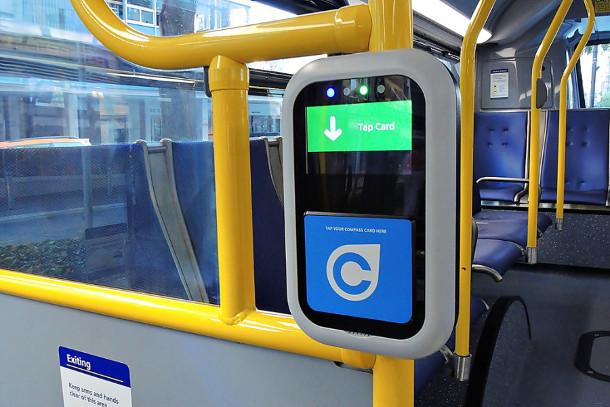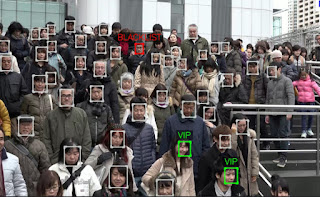Facebook on Wednesday briefed journalists on its latest attempt to stop fake news during the election season, offering an exclusive tour of a windowless conference room at its California headquarters, packed with millennials monitoring Facebook user behavior trends around the clock, said The Verge.
This is Facebook’s first ever “war room,” designed to bring leaders from 20 teams, representing 20,000 global employees working on safety and security, in one room to lead a crusade against conservatives misinformation on the platform as political campaigning shifts into hyperdrive in the final weeks leading up to November’s US midterm elections. The team includes threat intelligence, data science engineering, research, legal, operations, policy, communications, and representatives from Facebook and Facebook-owned WhatsApp and Instagram.
“We know when it comes to an election, every moment counts,” said Samidh Chakrabarti, head of civic engagement at Facebook, who oversees operations in the war room.
“So if there are late-breaking issues we see on the platform, we need to be able to detect and respond to them in real time, as quickly as possible.”
This public demonstration of Facebook’s internal efforts comes after a series of security breaches and user hacks, dating back to the 2016 presidential elections. Since the announcement of the Cambridge Analytics privacy scandal in March, Facebook shares have plunged -14.5% It seems the war room is nothing more than a public relations stunt, which the company is desperately trying to regain control of the narrative and avoid more negative headlines.
The war room is staffed with millennials from 4 am until midnight, and starting on Oct. 22, social media workers will be monitoring trends 24/7 leading up to the elections. Leaders from 20 teams will be present in the room. Workers will use machine learning and artificial intelligence programs to monitor the platform for trends, hate speech, sophisticated trolls, fake news, and of course, Russian, Chinese, and Iranian interference.
…click on the above link to read the rest of the article…
















